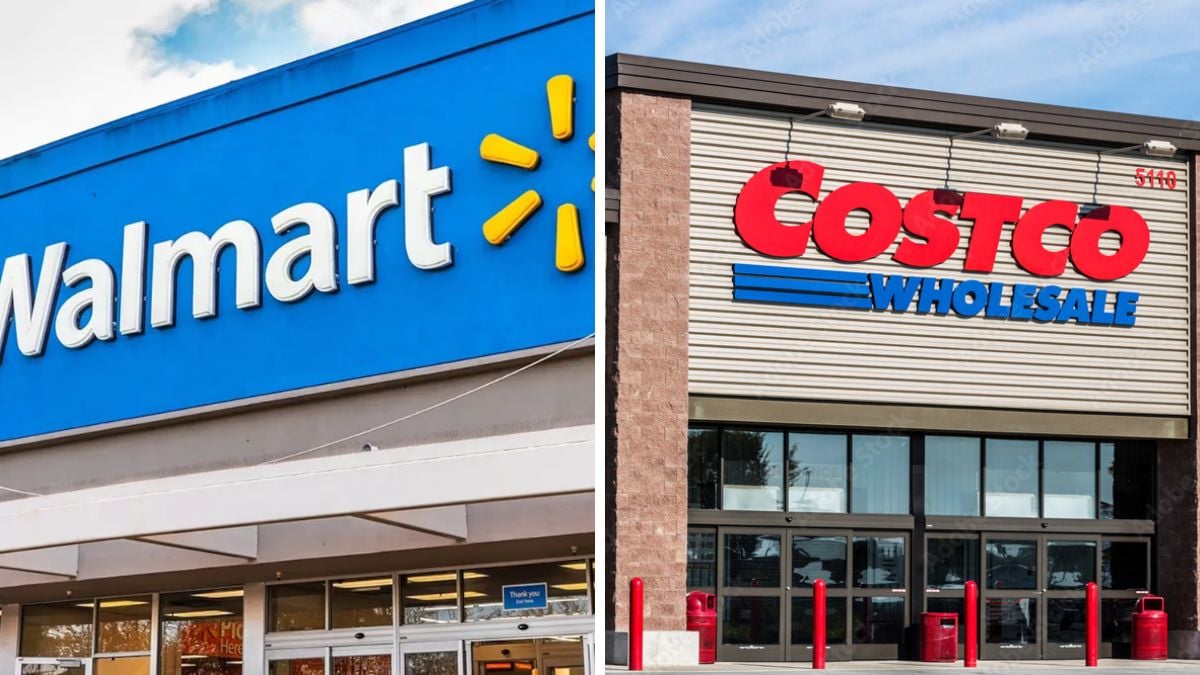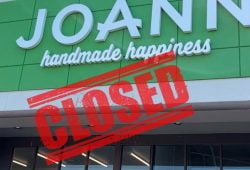
The announcement of the tariffs on Mexico by the U.S. president, Donald Trump, has not been well received by the Latino community, which is already organizing to start a boycott against major U.S. companies as a form of protest.
Through various social media platforms, Mexican citizens in the United States, as well as other Latinos, have decided to implement their own strategies against Trump’s tariffs, such as the movement called Freeze Latino Movement, which could impact U.S. trade.
What is the Freeze Latino Movement?
This movement consists of avoiding the consumption of products made by U.S. brands or stopping visits to their commercial chains. The “Freeze Latino Movement” not only aims to impact large corporations but also to highlight the crucial role of the Latino community in the U.S. economy.
By choosing to shop exclusively at local businesses and Latino-owned ventures, participants seek to send a strong message to Trump’s government about the consequences of its policies.
This movement joins other demonstrations that have occurred in cities such as Dallas and Chicago, where the Latino community has expressed its dissatisfaction with the president’s immigration and trade measures.
READ ALSO This chocolate is recalled for containing these dangerous ingredients
What companies and brands would the Freeze Latino Movement affect?
The organizers of this movement have called on the entire Latino community to stop shopping at commercial chains like Walmart and Costco, as well as various restaurants, including Starbucks and McDonald’s.
Latinos have also targeted Coca-Cola, whose diet drink is the favorite of President Donald Trump.
What impact does the boycott of U.S. products have?
A reduction in the consumption of U.S.-made goods could generate an economic impact on various companies, particularly in the soda industry. Mexico, which in 2019 led the world in soda consumption with an average of 163 liters per person per year, surpassed U.S. consumption by 40%.
On the other hand, prioritizing the purchase of domestic products instead of imports could strengthen the local market, allowing Mexican companies to expand their production and marketing of equivalent items.
This movement could also encourage the creation of new brands and companies capable of competing with major U.S. multinational corporations. In fact, throughout history, similar initiatives have contributed to the development of local markets in various countries, boosting domestic production in response to the rejection of foreign products.
Although a mass boycott against U.S. products may not have an immediate effect on the U.S. economy, it does represent an opportunity to strengthen the local economy in Mexico and express a stance of resistance against policies deemed unjust by many.
Walmart removes Mexican products in the United States
Walmart has been accused of allegedly supporting Donald Trump’s policies, including the mass deportations of migrants. Images and videos have circulated on social media showing shelves in their stores without Mexican products.
Previously, these spaces contained items like salsas, tortillas, and chiles, but now, according to complaints, they have been removed.
Why does Donald Trump want to impose tariffs on Mexico?
Even before assuming the presidency of the United States, Donald Trump had expressed his intention to raise tariffs on products imported from Mexico, Canada, and China.
In the case of Mexico and Canada, the application of a 25% tariff is proposed as retaliation for the alleged lack of action to stop illegal immigration to the United States. On the other hand, China will face a 10% tariff due to its alleged responsibility in the distribution of illegal fentanyl within U.S. territory.
What other tariffs will Donald Trump impose?
On Friday, Trump announced his intention to impose tariffs on a wide range of imports in the coming months, covering products such as:
- Gas
- Oil
- Steel
- Aluminum
- Pharmaceuticals
- Semiconductors









